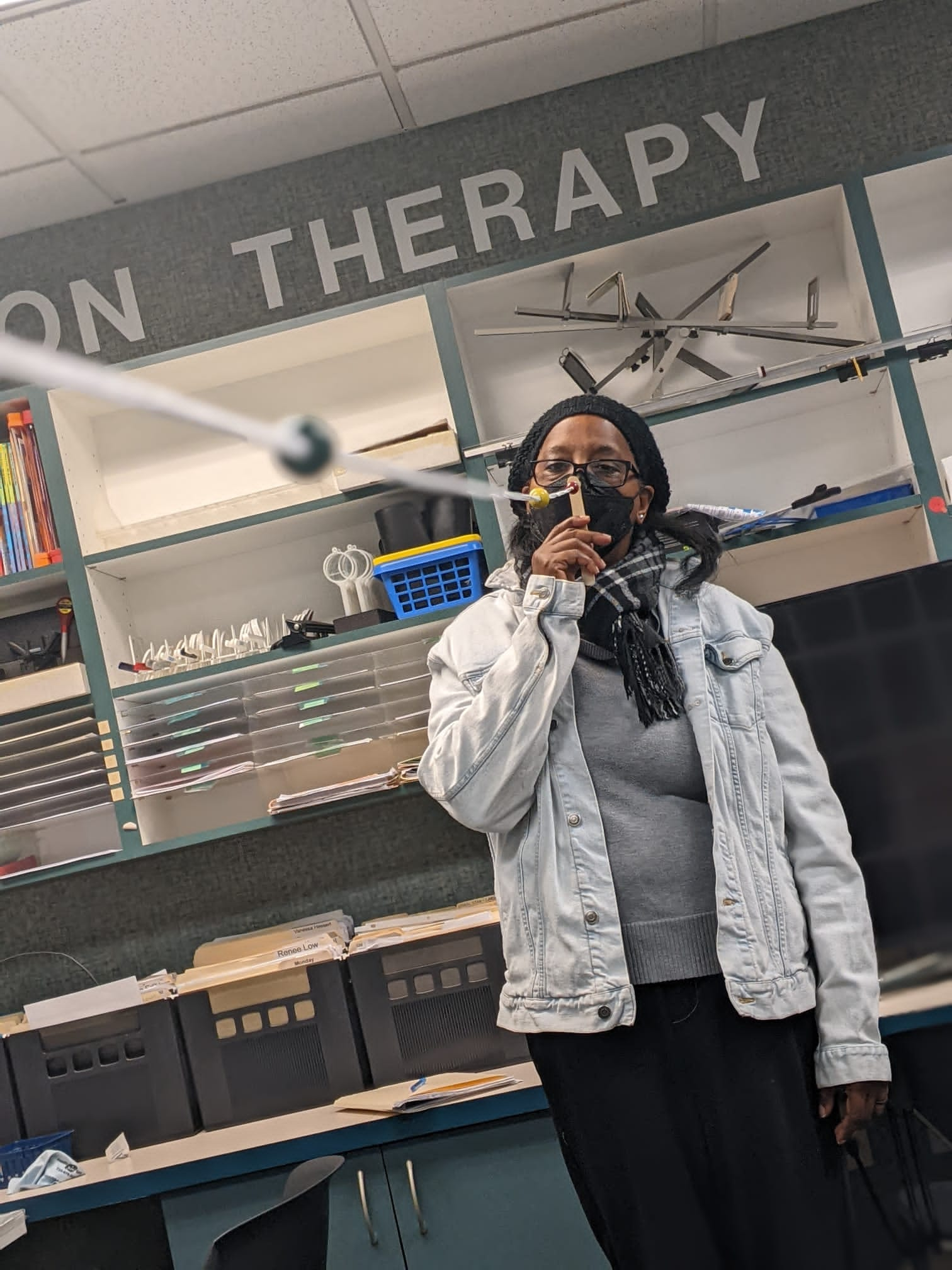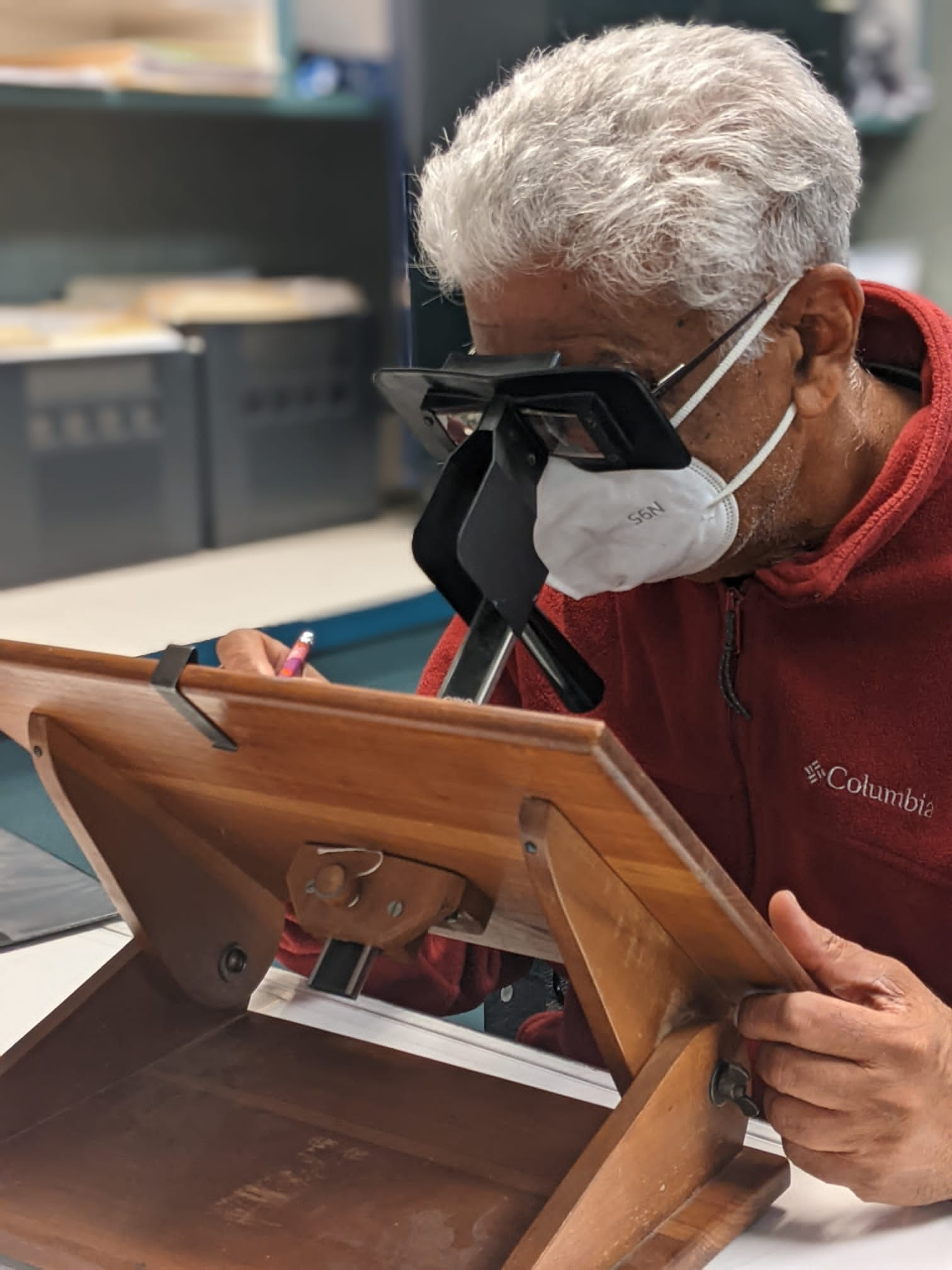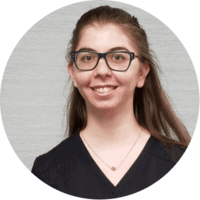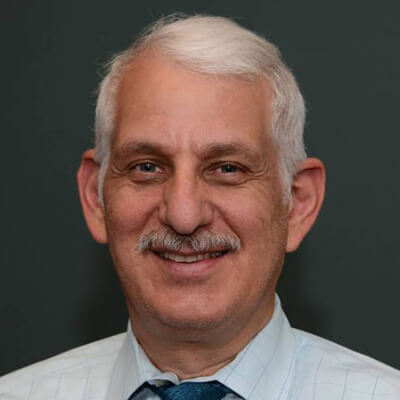Most people are familiar with vision problems that eyeglasses address; nearsightedness, farsightedness and astigmatism. These are called refractive conditions.
Some vision problems cannot be solved with eyeglasses alone, such as amblyopia (“lazy eye”), eye alignment or eye teaming problems, focusing problems, and visual perceptual disorders. These non-refractive vision problems can cause eyestrain, fatigue, headaches, and learning problems.
Vision Therapy and Learning Disabilities
It is common for children who have Learning Disabilities to have vision problems that contribute to these learning problems. Vision Therapy does not correct learning disabilities, but correcting the underlying vision problems through Vision Therapy often solves many of the obstabstacles that make learning more difficult than it need be.
If your child is has a learning disability or difficulty in school, please let us know. If we find that your child’s learning problem is contributing to learning difficulties, we can communicate with your child’s teachers and other specialists to explain our findings. Often, Vision Therapy can be a helpful component of a multidisciplinary approach to remediating learning problems.


What is Vision Therapy?
Vision Therapy is an individualized program to treat vision problems that go beyond refractive (eyeglasss) vision problems. The treatment plan includes therapy done in the office, practiced and reinforced with visual tasks performed at home.
Although some doctors call this orthoptics, in reality, orthoptics is just a subsection of Vision Therapy. Some doctors might use the term vision training. Parents often refer to Vision Therapy as “Eye Therapy”. In fact, we are not training or giving therapy to the eyes, but rather enabling the child to use their brain to better control their eyes. Most often, eye muscles are considerably stronger than they need to be. Vision Therapy does NOT build eye muscles, but rather coordination and ease of using the visual system. A construction worker is often a strong individual, but you would not expect them to necessarily be able to play the piano. Playing a musical instrument or riding a bicycle has more to do with muscle coordination than muscle strength. Similarly, Vision Therapy does not build stronger eye muscles, but rather, a better connection between the eye, brain, body, hand, feet, etc.
The degree of success achieved with Vision Therapy depends on a number of factors including the type and severity of the vision problem, the patient’s age and motivation, and whether the patient performs the office and the home visual tasks as directed.


Vision Therapy is customized and specific
The activities prescribed as part of a vision therapy program are tailored to the specific vision problem that an individual has. Therapy for amblyopia, strabismus, convergence insufficiency, or learning related vision problems might have some similarities, but each therapy is specific for that condition. An example might be to first stimulate and develop better visual acuity in the "weaker" eye, and once that is improved, eye teaming exercises then foster the development of clear, comfortable binocular vision to improve depth perception and reading comfort.
Schedule a comprehensive eye exam at our eye care clinic near East Brunswick, NJ
If you suspect your child has a vision problem that may be affecting their performance in school, the first step is to schedule a comprehensive eye exam so we can determine if such a problem exists. If your child has a learning-related vision problem, we can then discuss if a program of vision therapy would be helpful. Patients are often referred to our optometry practice near East Brunswick, NJ by other doctors of optometry, occupational therapists, physical therapists, speech therapists, audiologists, learning consultants, and pediatricians.
A child and his mother discuss the problems that he was having.
Dr. Andrea Thau discusses Learning Disablities due to vision problems.
- Is there a connection?




Appointment times may vary so call us for availability.